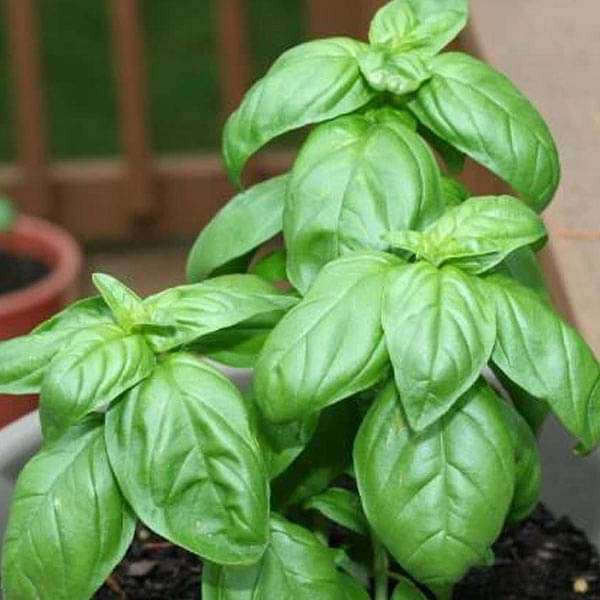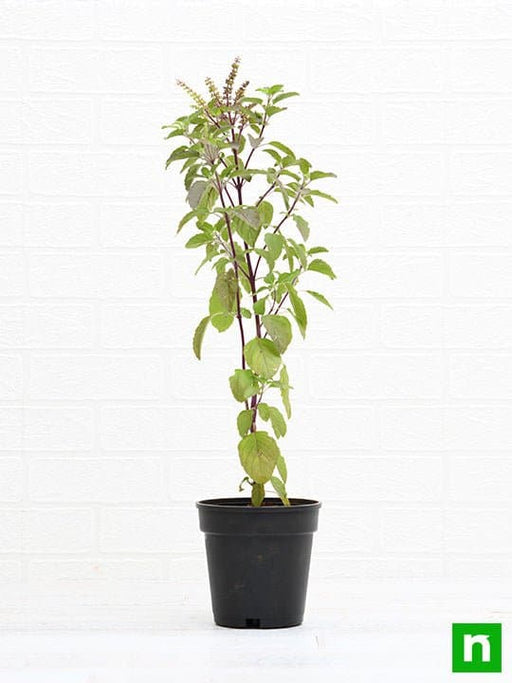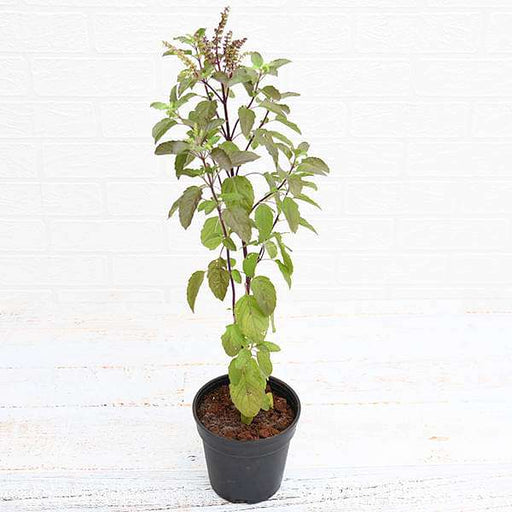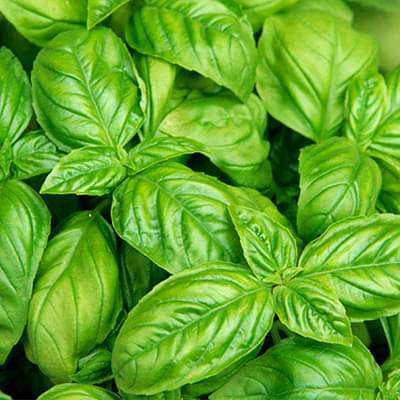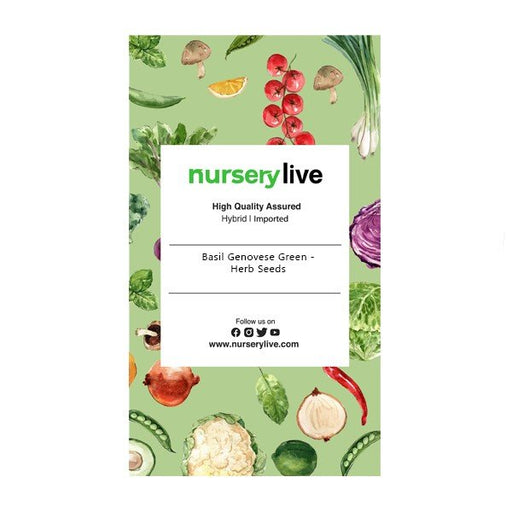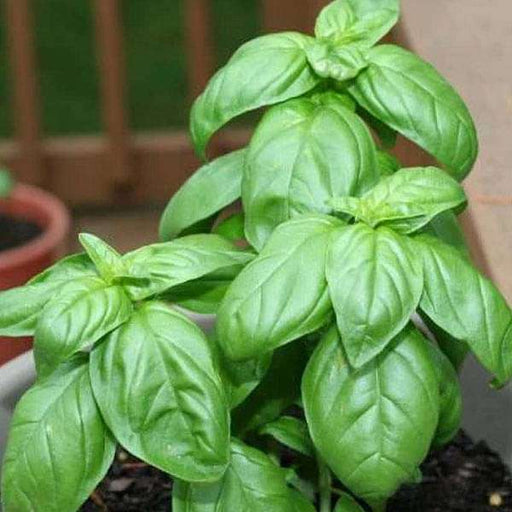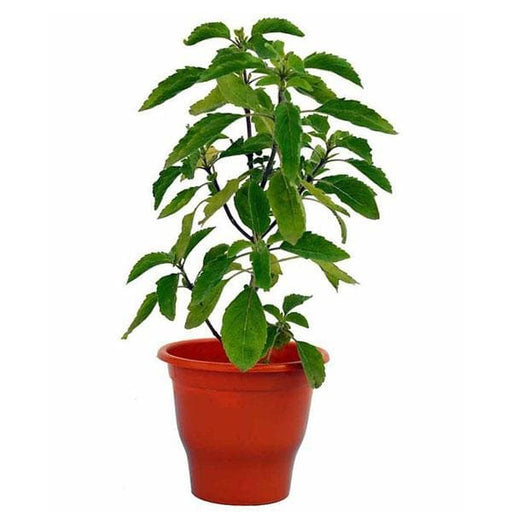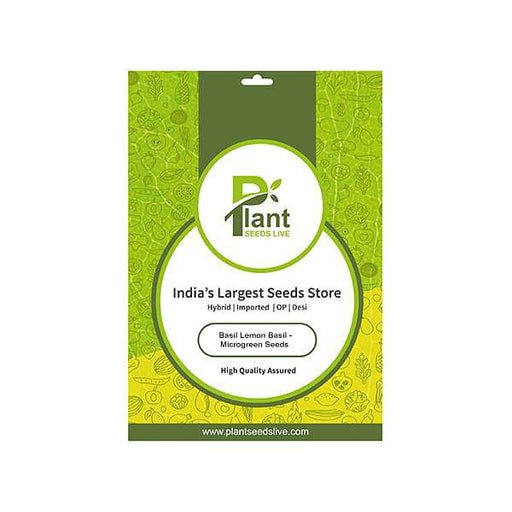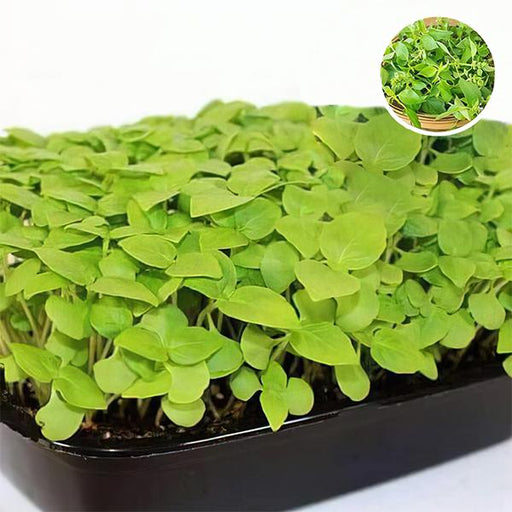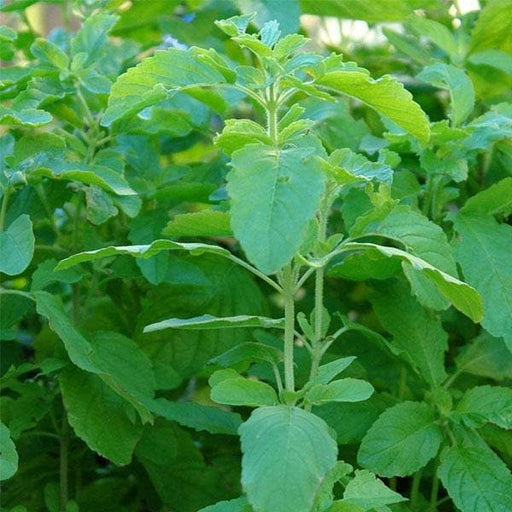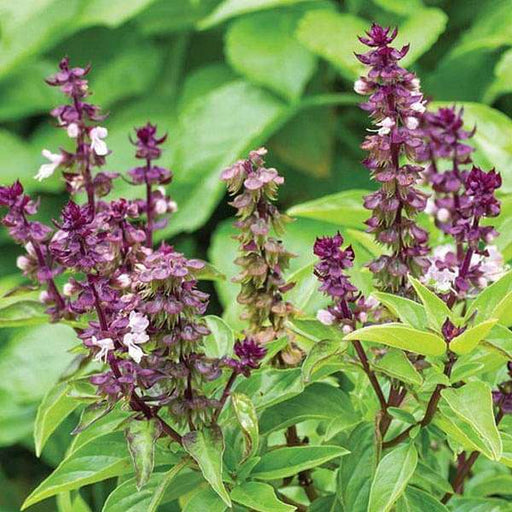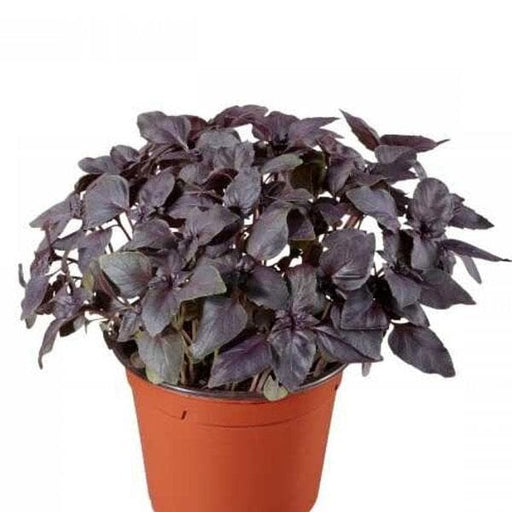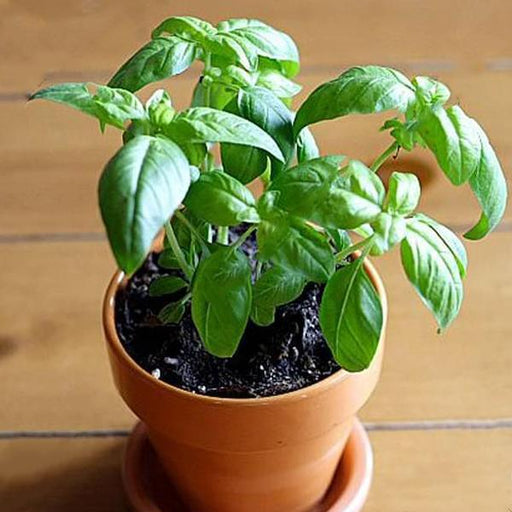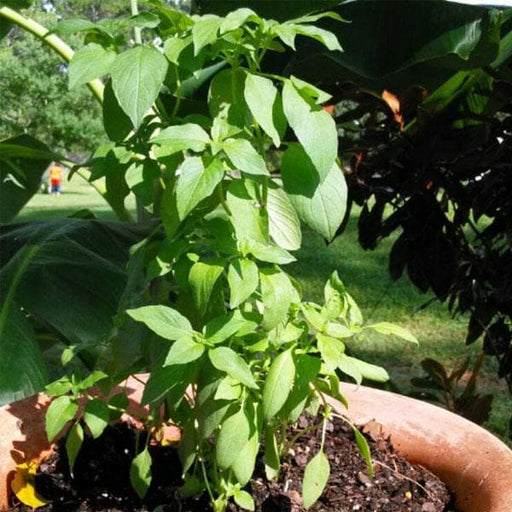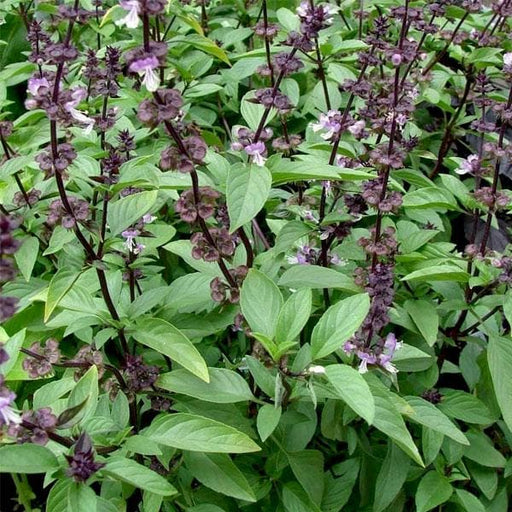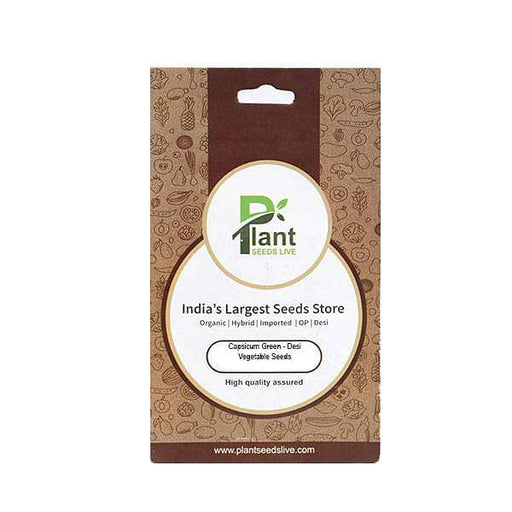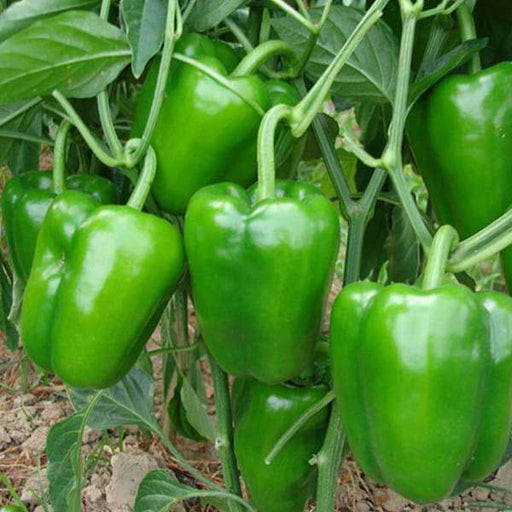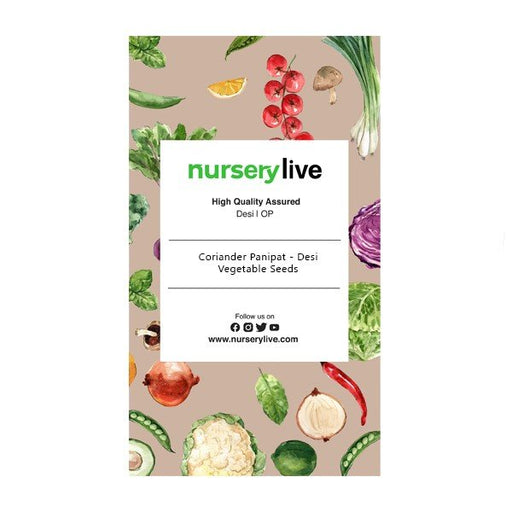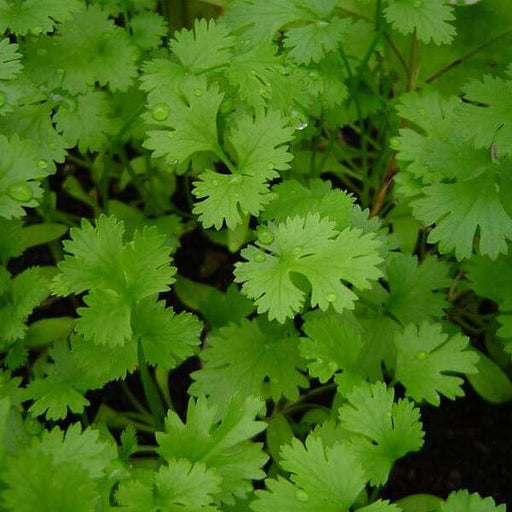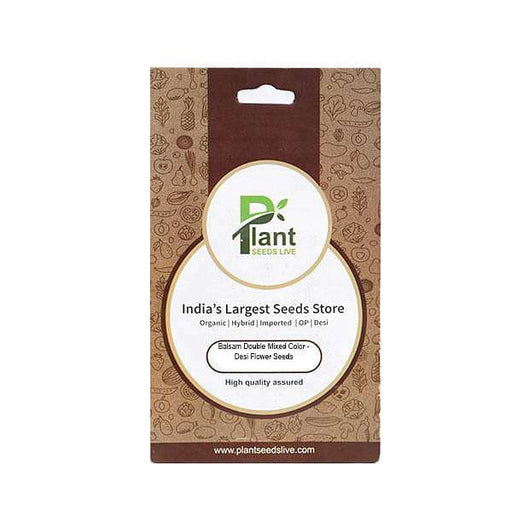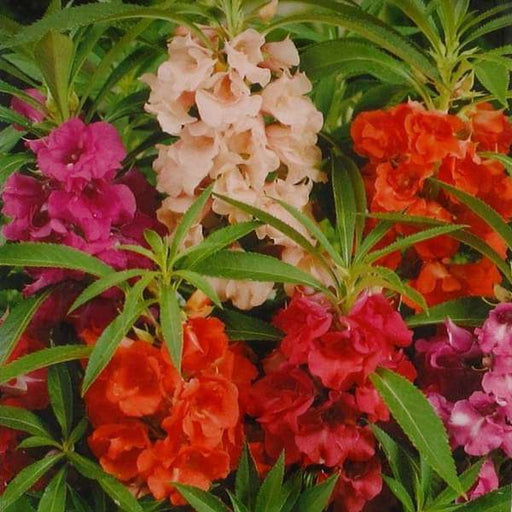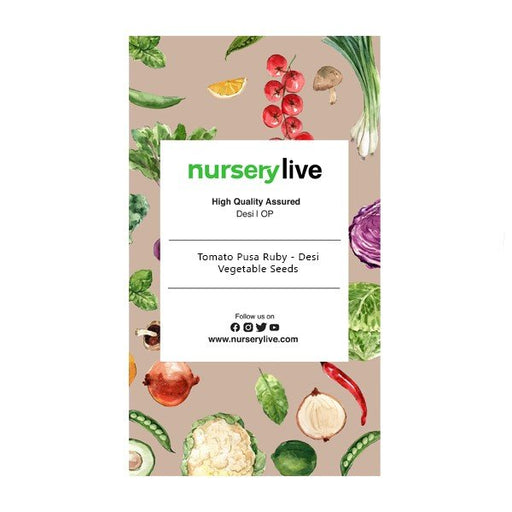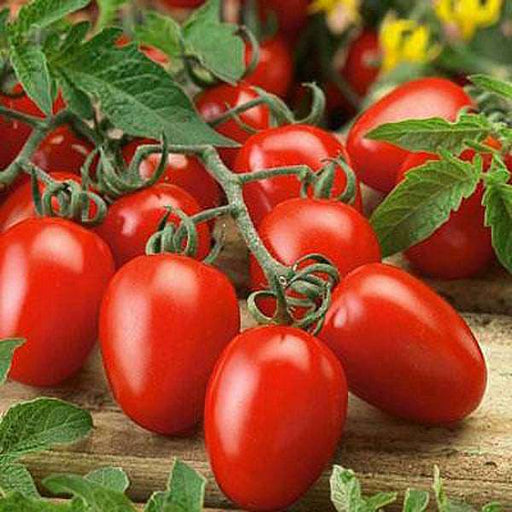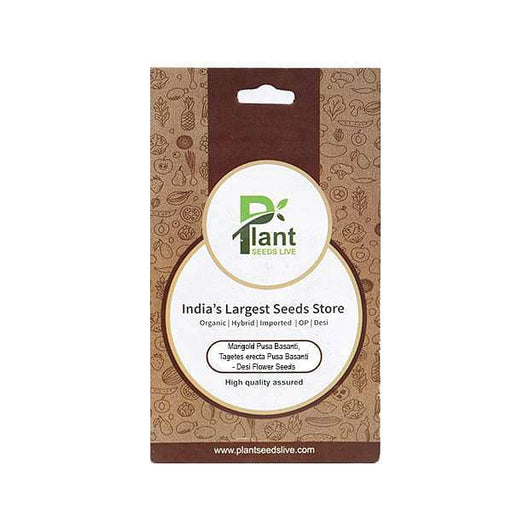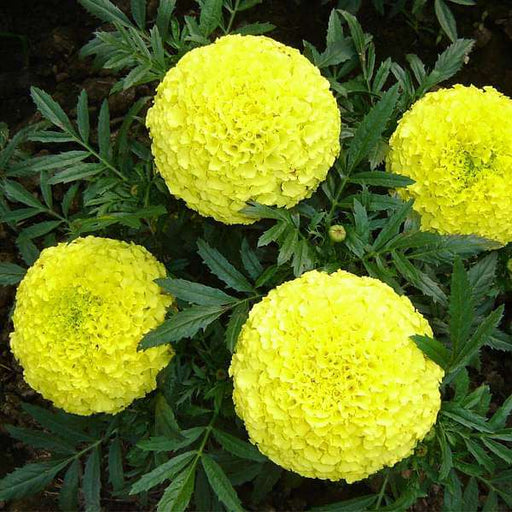Basil Varieties
Discover the diverse world of basil and its many flavors. From sweet Genovese to spicy Thai, we'll guide you through the best basil varieties to grow in your garden.
Growing Basil from Seed
Embrace your green thumb and grow your own basil from seed. With our expert tips, you'll have a bountiful basil harvest in no time.
Basil Seed Germination
Unlock the secret to successful basil seed germination. Our guide will reveal the best practices to ensure your basil sprouts and thrives in your garden.
Basil Plant Care
Shower your basil with love and watch it flourish! Learn how to properly care for your basil plants, from watering to pruning, to ensure a healthy and flavorful harvest.
Harvesting Basil
Reap the aromatic rewards of your basil garden. We'll teach you how and when to harvest basil for the freshest and most fragrant leaves.
Storing Fresh Basil
Preserve the flavors of summer with our tips for storing fresh basil. Keep your homegrown basil fresh and fragrant for days or even weeks.
Drying and Preserving Basil
Extend your basil enjoyment throughout the year with our guide to drying and preserving basil. Learn how to maintain its flavor and aroma long after the growing season has ended.
Cooking with Basil
Unleash your inner chef with our cooking tips featuring fresh basil. Elevate your culinary creations with this fragrant and versatile herb.
Basil Pesto Recipes
Delve into the delicious world of basil pesto! We'll share our favorite pesto recipes that will have your taste buds dancing with delight.
Basil Companion Planting
Cultivate harmony in your garden with our basil companion planting guide. Learn which plants play well with basil and which to avoid for a thriving garden ecosystem.
Basil and Health Benefits
Savor the health benefits of basil while you savor its flavor. Discover how this fragrant herb can boost your well-being and add a dash of wellness to your meals.
Basil in Container Gardening
Short on space? No problem! Learn how to grow basil in containers and enjoy the fresh flavors and fragrances of homegrown basil anywhere.
Indoor Basil Gardening
Bring the beauty of basil indoors with our guide to indoor basil gardening. Enjoy the fragrant aroma and fresh flavors of basil year-round from the comfort of your home.
Basil Seed Tea
Steep yourself in the soothing world of basil seed tea. Discover the calming benefits of basil tea and how to make the perfect cup at home.
Growing Basil Hydroponically
Delve into the high-tech world of hydroponic basil. Learn how to grow basil without soil and enjoy a bountiful harvest with fewer pests and diseases.
Basil Seeds vs. Chia Seeds
basil seeds vs. chia seeds. Compare their nutritional profiles, health benefits, and culinary uses to decide which seed reigns supreme.
Basil Seeds for Weight Loss
Shed those extra pounds with the help of basil seeds. Learn how these tiny nutritional powerhouses can support your weight loss journey and keep you feeling full and satisfied.
Basil Seed Drinks
Quench your thirst and nourish your body with basil seed drinks. Explore refreshing and nutritious beverages featuring these tiny seeds with big health benefits.
Holy Basil (Tulsi) Seeds
Unearth the sacred secrets of holy basil (tulsi) seeds. Learn about this revered plant's spiritual significance, health benefits, and how to grow it in your own garden.

